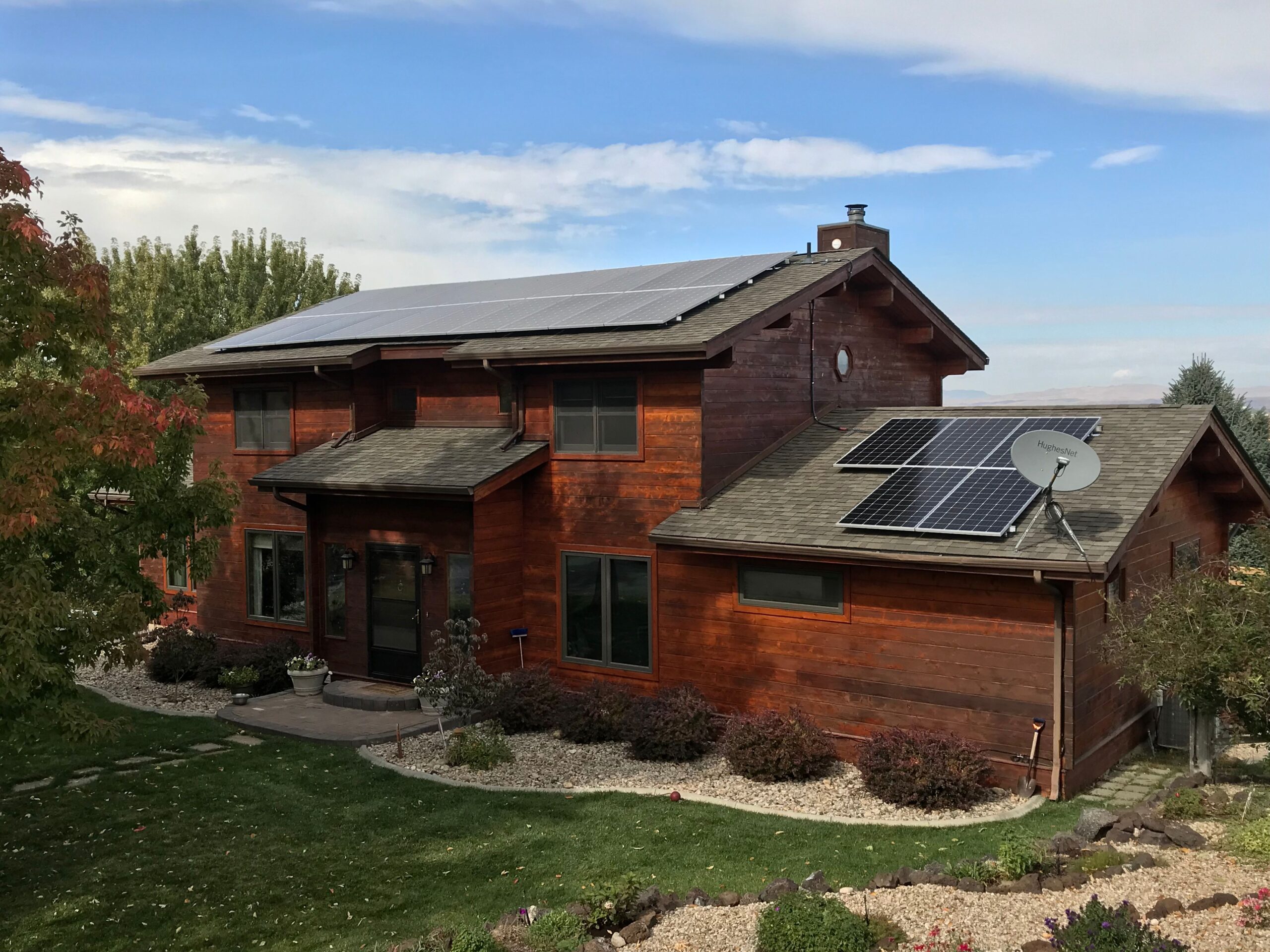If you’re a friend of the environment, you might cringe a little each time you run the dishwasher or flip on the lights. Making the switch to a clean energy source such as solar panels can help you feel better about the electricity you use in your home. Of course, solar panels are a major investment, so you’ll first want to know whether they’re worth the cost. Understanding how long it might take for solar panels to pay for themselves can help you get ready to make the transition.
Average Payoff Time Frame
Every property’s solar setup is just a bit different, so it can be tricky to pinpoint an exact length of time that it will take for your investment to pay for itself. In general, it can take anywhere from seven to 20 years. Yes, that’s a wide time frame, but it depends on many different variables, including:
- Initial installation costs
- Local price of electricity
- Rebates and tax breaks
- Length of time you stay in your home
Reducing the Up-Front Cost
Many government entities offer incentives for property owners to pursue clean energy. For example, through 2021, the federal government is giving a tax break for residential solar installation. States and local communities offer additional incentives. Idaho, for example, has many different programs for encouraging clean energy use.
Factors and Variables
Your investment will pay off sooner if you live in an area with high electricity costs. Additionally, some areas of the country allow homeowners to sell excess energy to the power company, and this can be a very handy way to help pay off your purchase.
Lifetime Savings
Once you’ve recouped the cost of your system, that’s when the savings will really begin. Over the course of your solar panels’ lifetime, you may save $20,000 by relying on solar energy.
To learn more about solar energy for your home, farm or commercial property or to inquire about micro-hydro power in the Buhl or Twin Falls area, call Magic Solar today.


